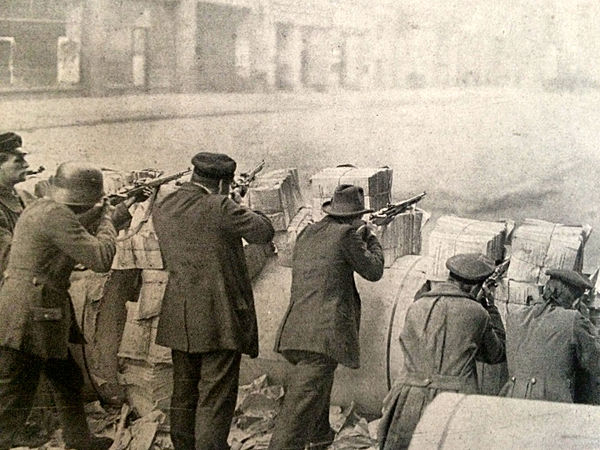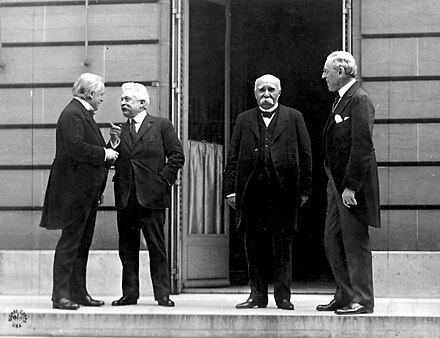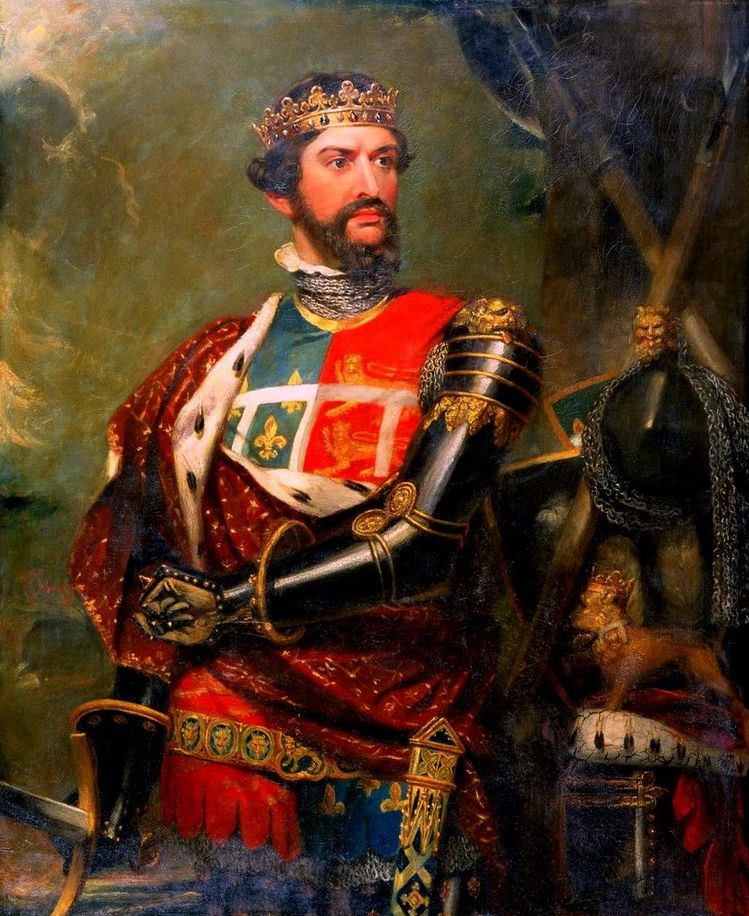The Weimar Years – Part V – Summary of the German Revolution, 1918-1919
Editor’s Note: This is the final installment of this series composed by our good friend Sulla.
The most remarkable thing about the creation of Weimar Germany is the astonishing speed at which things happened. Centuries of social norms were swept away within weeks. Now, obviously, there was outside coordination involved – the Russian commies were funding and likely directing much of the far left in Germany, and clearly there was some plan in place when the naval mutiny kicked off to spread it rapidly. But not everyone on the Left was in on the plan. Ernst and the bulk of the SPD were clearly not part of the conspiracy, and could be considered a sort of Team B from a century ago, but one quicker to act and restrain the Team A loons.
The other thing to realize about the speed of change, though, was how bankrupt the old ways had become. The horrors of trench warfare, the deprivations of a prolonged war, the inept diplomacy of the Kaiser, all resulted in a loss of credibility. Of legitimacy.
I suspect that by 1918, Kaiser Wilhelm II was in much the same spot as Joseph Robinette Biden (or the animated husk of him) is today. Still having the forced support of a group of true believers (believers in the institutions, not the man), but with the majority of the country wondering how they got stuck with such a hapless leader and looking around for an alternative.
When events started moving, neither side was very concerned about the opinions of non-actors. They each focused on recruiting support from people and groups that could put boots and guns into action. When they failed to do that (the “Revolutionary Committee” in January that was too timid to act, or the Coffee House Anarchists in Bavaria), they were quickly dealt with by those who did.
Actions mattered. But observation did too. Corporal Hitler did not leap into the forefront of things when Bavaria was thrashing about. Instead he kept his head down, tried to blow with the wind. Here it’s hard to know just how honest McDonough is being when he describes Hitler as somewhat adrift, cowed by events and just looking for how to make it through. Perhaps he’s right, but in light of what Hitler was able to later accomplish (for good or ill), the portrait of the indecisive, shrinking violet doesn’t sound accurate. Understated is perhaps Hitler’s involvement as an intelligence agent – McDonough mentions it but rather undersells it. Perhaps Hitler had let himself be recruited by the spooks of the day, and cleverly worked his way towards controlling them.
Clearly there were many conspiracies operating, overlapping, conflicting, cooperating, coopting. The parliamentary system gave the factions a more visible presence. We have our SPD-USPD split, I’m sure. It’s just not given any official names, as they’re all nominally “Democrats.” But that time saw Team A’s and B’s, and maybe C’s and D’s too. A lot was at stake, it created incentives to carpe diem, though those carp can be damn slippery when you try to seize them.








